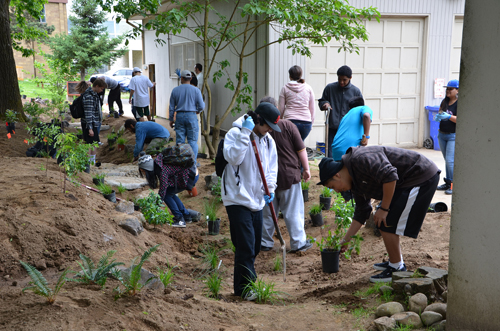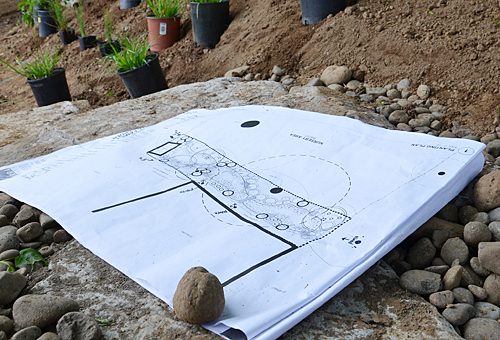Knowledge Transfer
Member Login
Recent Blog Posts
Views expressed are those of the author and do not necessarily reflect those of CMOP or OHSU. All content posted here must be consistent with OHSU's Acceptable Use of Computing and Telecommunications Resources policy.





